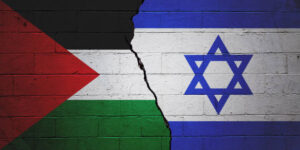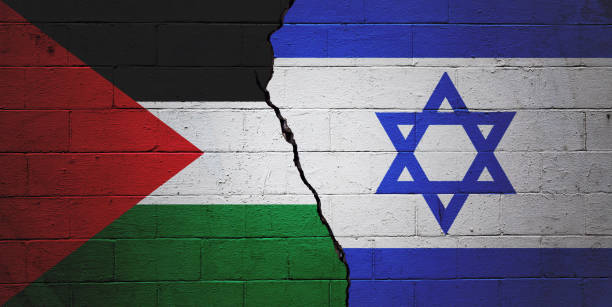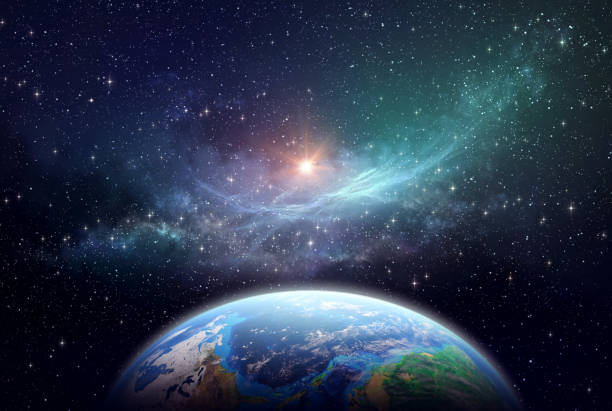The Israel-Palestine conflict is a longstanding dispute that has captured the attention of the world for decades. Its roots run deep, entwined in a complex web of history, religion, and politics. What makes this conflict particularly concerning is its potential to cast a long, dark shadow on the global stage, raising questions about the risk of World War 3.

Israel-Palestine Conflict : A Historical Quagmire:
Understanding the both country conflict requires a journey through time. It dates back to the late 19th century when the Zionist movement, advocating for the establishment of a Jewish homeland, gained momentum. By 1947, the United Nations approved a plan to partition Palestine into separate Jewish and Arab states, a decision that ignited tensions and led to the first Arab-Israeli war.
The ongoing disputes over land, borders, and sovereignty have since fueled multiple conflicts and diplomatic endeavors. Over the years, the situation has evolved into a quagmire that involves not only both country conflict but also numerous other regional and global players.
Israel-Palestine Conflict : A Global Concern
The Middle East has often been described as a powder keg ready to explode. The both country conflict is a key contributor to this volatility, and its potential to escalate into a larger conflict is a cause for global concern.
Global Conflict Risk
The risk of a localized conflict turning into a global one is a recurring theme in history. While the world may not see a direct involvement of superpowers in the Israel-Palestine conflict, there is a risk of it indirectly dragging major global players into the arena.
In a world interconnected by politics, economics, and diplomacy, a conflict in one region can have far-reaching consequences. The Israel-Palestine conflict’s global risk lies in the alliances and partnerships that nations form. An escalation could trigger a domino effect, pulling countries with vested interests into the fray.
Regional Tensions
Tensions in the Middle East are palpable. Neighboring countries watch the situation with unease, as any spark in the both country conflict can ignite a regional firestorm.
Countries like Iran, Saudi Arabia, and Turkey have their own interests in the Middle East. The conflict creates rifts and alliances, and the impact of these regional tensions reverberates on a global scale.
International Diplomacy Efforts
Efforts have been made, time and again, to mediate the Israel-Palestine conflict. International diplomacy is a key instrument in preventing the situation from spiraling out of control.
World powers, including the United States, the European Union, and the United Nations, have invested heavily in diplomatic endeavors. The objective is to find a peaceful resolution and prevent the conflict from engulfing the world in chaos.
The Human Toll
In the midst of geopolitical discussions and global fears, it’s essential to remember the human toll of the both country conflict. For decades, innocent civilians on both sides have borne the brunt of this protracted dispute.
Families have been displaced, lives shattered, and futures uncertain. Humanitarian crises are not uncommon, and the suffering extends far beyond the borders of Israel and Palestine. It serves as a stark reminder of the need for lasting peace and stability in the region.
Conclusion: The Quest for Peace
The both country conflict is a sobering reminder of the fragility of global peace. As we reflect on the potential shadow of World War 3, we must also focus on the pursuit of peace. International diplomacy, regional cooperation, and the voices of the people are key instruments in preventing the escalation of this crisis.
It’s crucial to support initiatives aimed at resolving the conflict and providing a better future for the people of Israel and Palestine. As we navigate the complex landscape of geopolitics, let us not forget the human faces affected by this enduring dispute.
In the shadow of World War 3, there is still room for hope and the potential for lasting peace.
Follow Us




